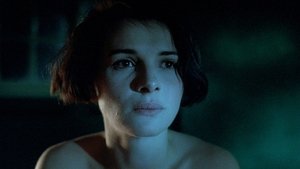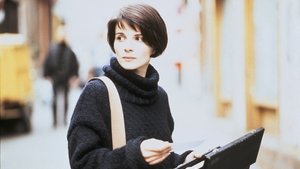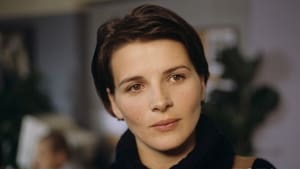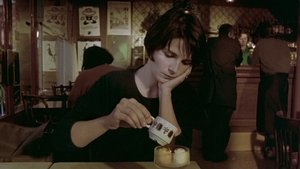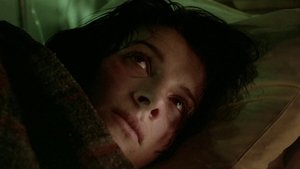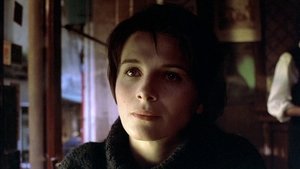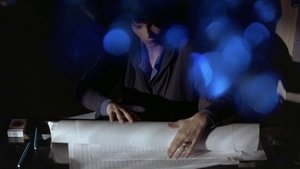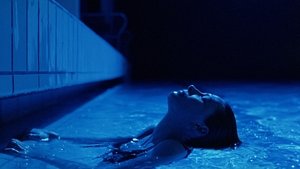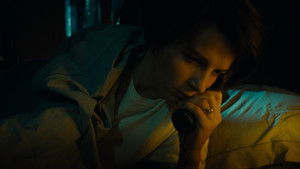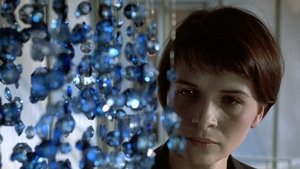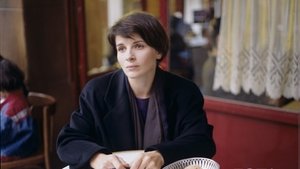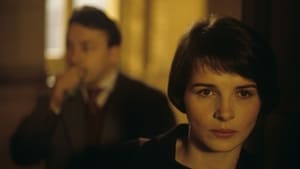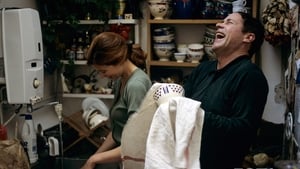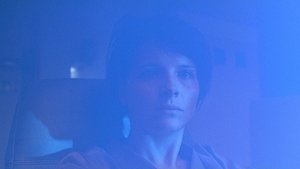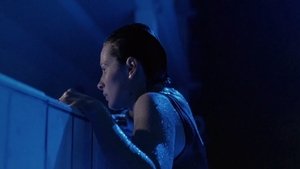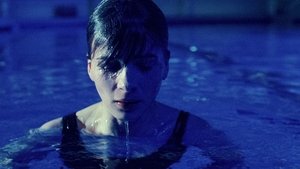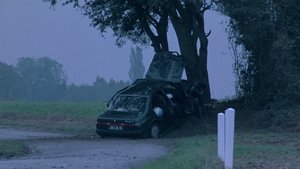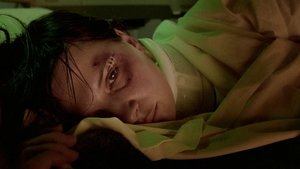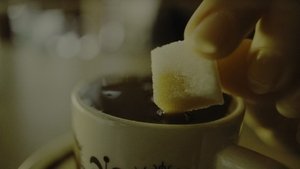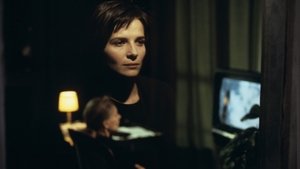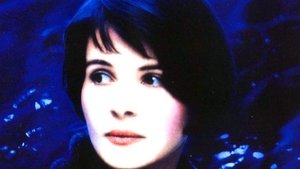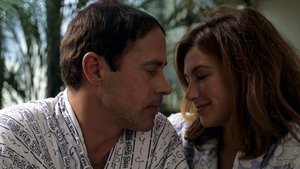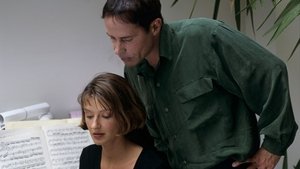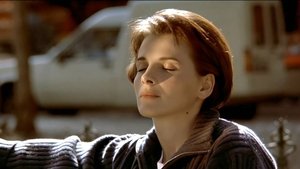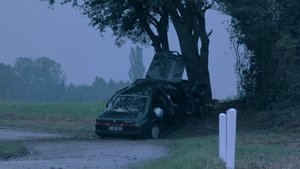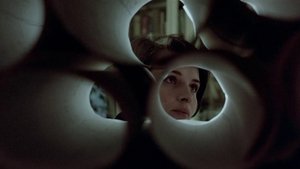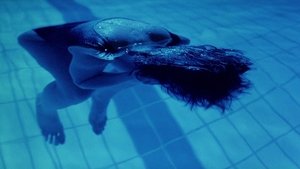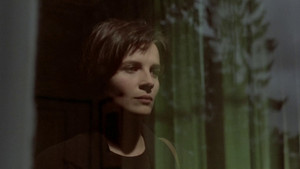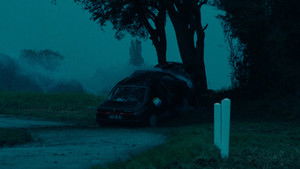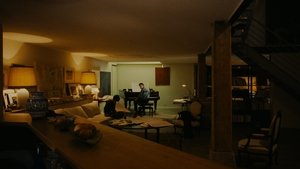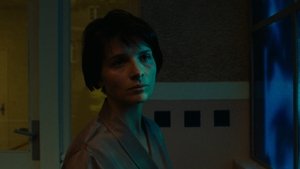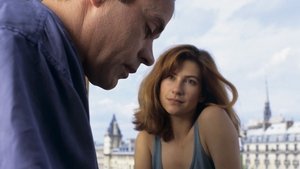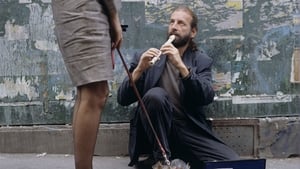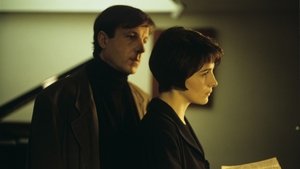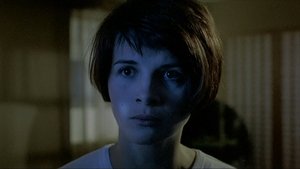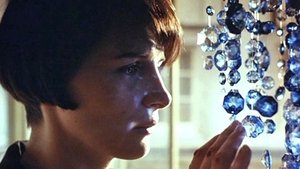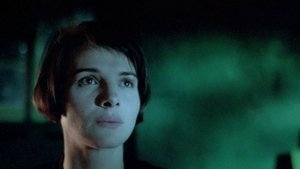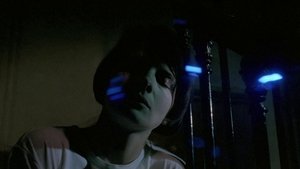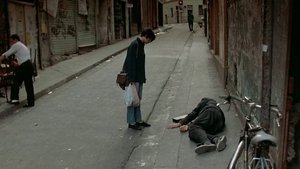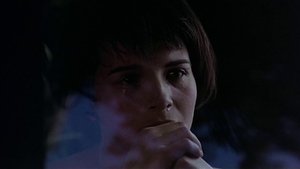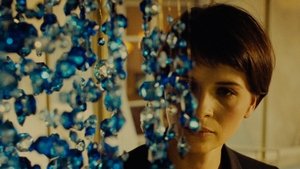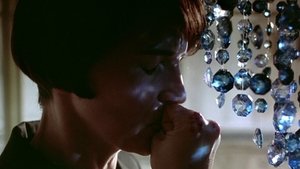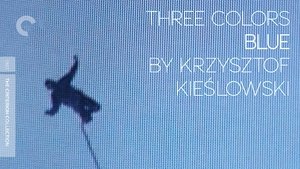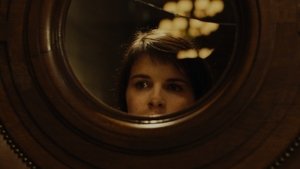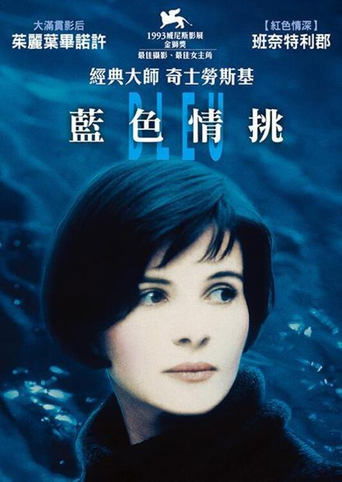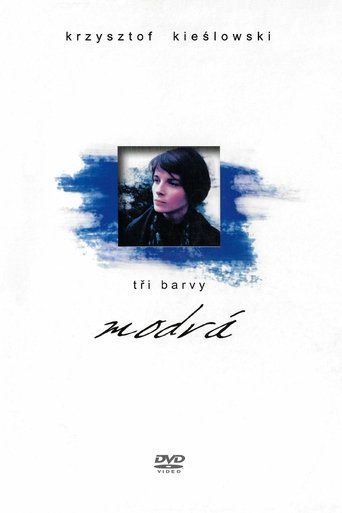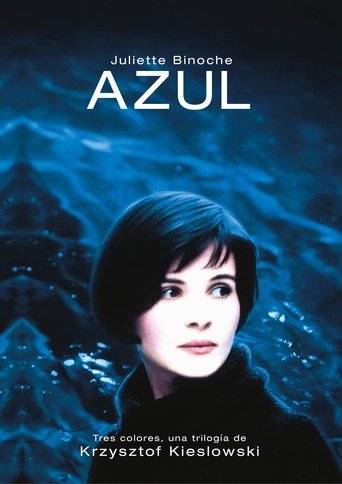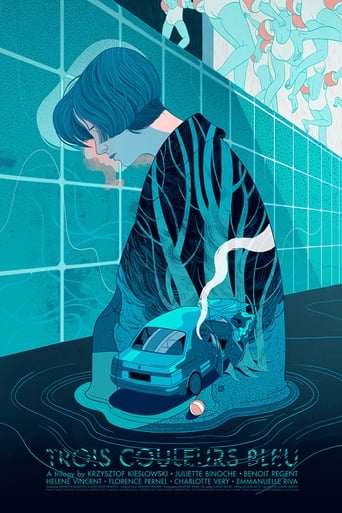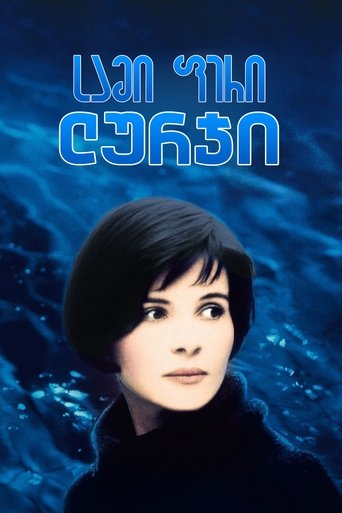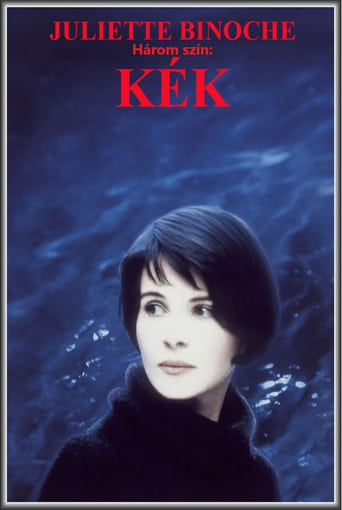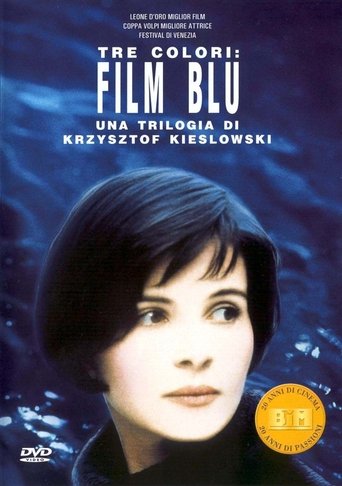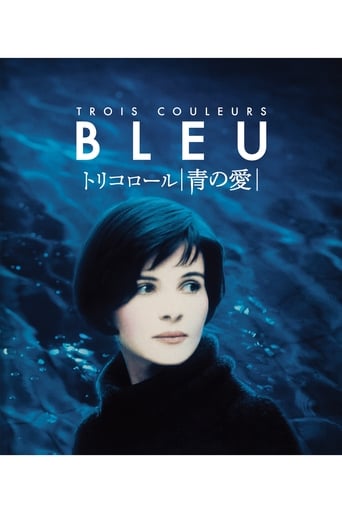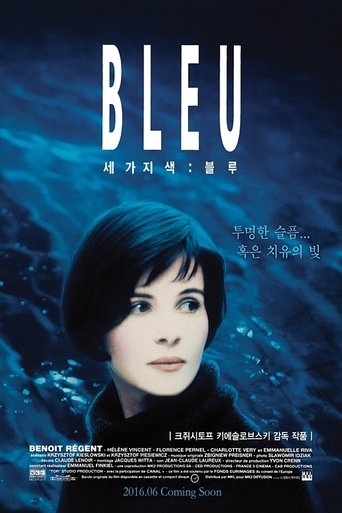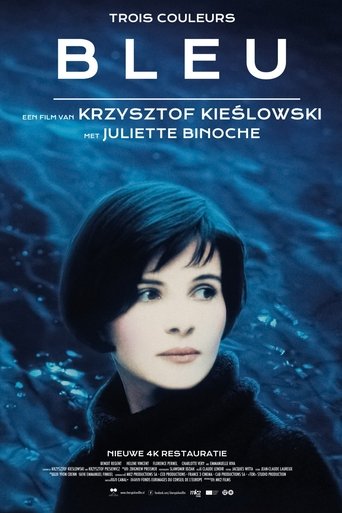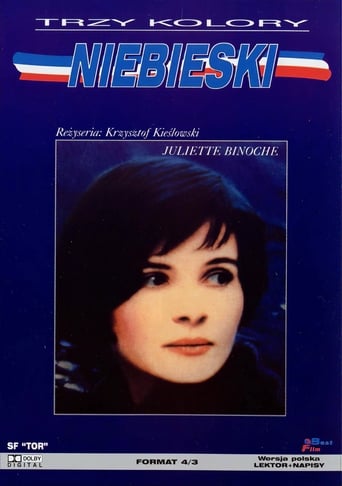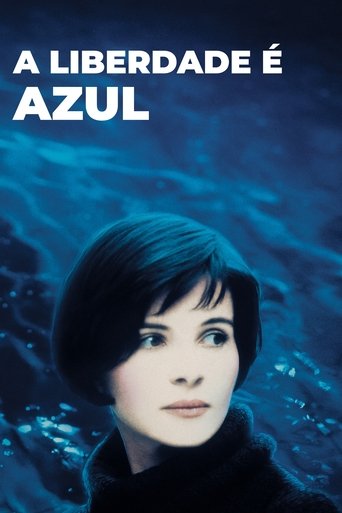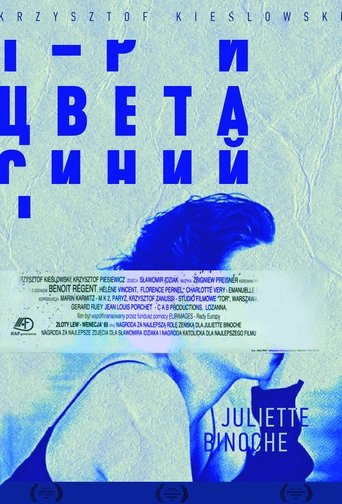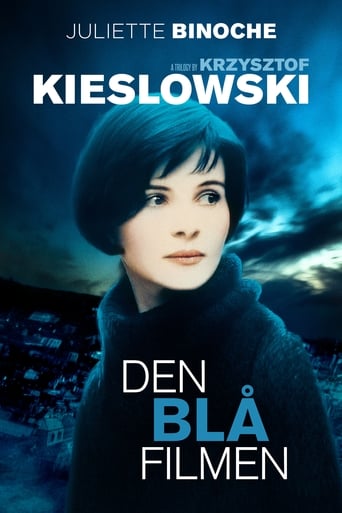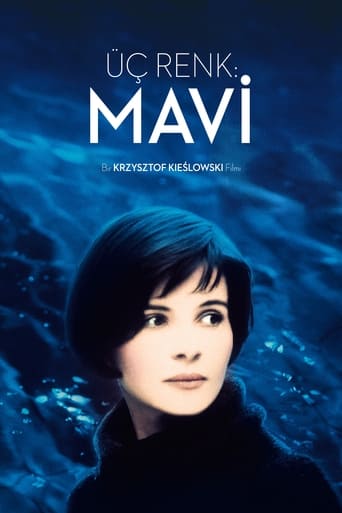
Three Colors: Blue
1993 | 98m | French
Popularity: 5 (history)
| Director: | Krzysztof Kieślowski |
|---|---|
| Writer: | Krzysztof Kieślowski, Krzysztof Piesiewicz |
| Staring: |
| The wife of a famous composer survives a car accident that kills her husband and daughter. Now alone, she shakes off her old identity and explores her newfound freedom but finds that she is unbreakably bound to other humans, including her husband’s mistress, whose existence she never suspected. | |
| Release Date: | Sep 08, 1993 |
|---|---|
| Director: | Krzysztof Kieślowski |
| Writer: | Krzysztof Kieślowski, Krzysztof Piesiewicz |
| Genres: | |
| Keywords | france, loss of loved one, composer, pain, to compose, psychological drama, french |
| Production Companies | Studio Filmowe Tor, CED Productions, MK2 Films, CAB Productions |
| Box Office |
Revenue: $1,527,572
Budget: $0 |
| Updates |
Updated: Aug 04, 2025 Entered: Feb 22, 2025 |
| Name | Character |
|---|---|
| Juliette Binoche | Julie |
| Benoît Régent | Olivier |
| Florence Pernel | Sandrine |
| Charlotte Véry | Lucille |
| Hélène Vincent | Journalist |
| Philippe Volter | Real Estate Agent |
| Claude Duneton | Doctor |
| Hugues Quester | Patrice (Julie's Husband) |
| Emmanuelle Riva | Mother |
| Florence Vignon | The Copyist |
| Daniel Martin | The Downstairs Neighbour |
| Jacek Ostaszewski | The Flutist |
| Catherine Therouenne | The Neighbour |
| Yann Trégouët | Antoine |
| Alain Ollivier | The Lawyer |
| Isabelle Sadoyan | Maid |
| Pierre Forget | Gardiner |
| Philippe Manesse | |
| Arno Chevrier | |
| Idit Cebula | |
| Stanislas Nordey | |
| Jacques Disses | |
| Michel Lisowski | |
| Yves Penay | |
| Philippe Morier-Genoud | The Judge |
| Julie Delpy | Dominique |
| Zbigniew Zamachowski | Karol Karol |
| Alain Decaux | Eulogist at the Funeral |
| Julie Gayet | Barrister at the Court of Justice (uncredited) |
| Name | Job |
|---|---|
| Margot Capelier | Casting |
| Lionel Acat | Set Decoration |
| Christian Aubenque | Set Decoration |
| Jean-Pierre Delettre | Set Decoration |
| Julien Poitou-Weber | Set Decoration |
| Marie-Claire Quin | Set Decoration |
| Jean-Pierre Caminade | Makeup & Hair |
| Valérie Tranier | Makeup & Hair |
| François Azria | Assistant Director |
| Slawomir Idziak | Director of Photography, Co-Writer |
| Zbigniew Preisner | Original Music Composer |
| Jacques Witta | Editor |
| Krzysztof Kieślowski | Screenplay, Director |
| Julie Bertuccelli | Assistant Director |
| Emanuela Demarchi | Assistant Director |
| Emmanuel Finkiel | First Assistant Director |
| Stefan Libiot | Assistant Director |
| Krzysztof Piesiewicz | Screenplay |
| Agnieszka Holland | Co-Writer |
| Edward Żebrowski | Co-Writer |
| Martin Latallo | Translator |
| Piotr Jaxa | Still Photographer, Camera Operator |
| Henryk Jedynak | Assistant Camera |
| Wojciech Michniewski | Conductor |
| Jan Wojtacha | Conductor |
| Elzbieta Towarnicka | Musician |
| Jacek Ostaszewski | Musician |
| Konrad Mastyło | Musician |
| Leszek Kamiński | Recording Supervision |
| Rafał Paczkowski | Recording Supervision |
| Halina Łaciak | Music Producer |
| Urszula Lesiak | Assistant Editor |
| Stan Latek | Assistant Director |
| Claude Lenoir | Production Design |
| Claire Bez | Sound Editor |
| William Flageollet | Sound Re-Recording Mixer |
| Jean-Claude Laureux | Sound Designer |
| Bertrand Lenclos | Sound Editor |
| Name | Title |
|---|---|
| Marin Karmitz | Producer |
| Organization | Category | Person |
|---|
Popularity History
| Year | Month | Avg | Max | Min |
|---|---|---|---|---|
| 2024 | 4 | 23 | 33 | 17 |
| 2024 | 5 | 24 | 39 | 15 |
| 2024 | 6 | 24 | 43 | 15 |
| 2024 | 7 | 28 | 52 | 15 |
| 2024 | 8 | 27 | 46 | 16 |
| 2024 | 9 | 19 | 31 | 13 |
| 2024 | 10 | 29 | 57 | 14 |
| 2024 | 11 | 22 | 40 | 14 |
| 2024 | 12 | 21 | 31 | 14 |
| 2025 | 1 | 29 | 57 | 17 |
| 2025 | 2 | 17 | 31 | 4 |
| 2025 | 3 | 7 | 22 | 1 |
| 2025 | 4 | 2 | 3 | 2 |
| 2025 | 5 | 2 | 3 | 2 |
| 2025 | 6 | 3 | 4 | 2 |
| 2025 | 7 | 2 | 3 | 2 |
| 2025 | 8 | 3 | 4 | 2 |
| 2025 | 9 | 3 | 4 | 2 |
| 2025 | 10 | 3 | 5 | 3 |
| 2025 | 11 | 3 | 5 | 1 |
| 2025 | 12 | 3 | 4 | 2 |
| 2026 | 1 | 3 | 5 | 2 |
| 2026 | 2 | 4 | 5 | 3 |
Trending Position
| Year | Month | High | Avg |
|---|---|---|---|
| 2025 | 11 | 729 | 876 |
| Year | Month | High | Avg |
|---|---|---|---|
| 2025 | 9 | 627 | 675 |
| Year | Month | High | Avg |
|---|---|---|---|
| 2025 | 8 | 318 | 539 |
| Year | Month | High | Avg |
|---|---|---|---|
| 2025 | 7 | 628 | 753 |
| Year | Month | High | Avg |
|---|---|---|---|
| 2025 | 4 | 706 | 812 |
| Year | Month | High | Avg |
|---|---|---|---|
| 2025 | 3 | 898 | 933 |
| Year | Month | High | Avg |
|---|---|---|---|
| 2025 | 2 | 996 | 996 |
**Pain, tragedy, mourning, mental and psychological anguish, a cathartic journey towards freedom, in a film that is not for all audiences.** It took me three tries to get through this movie in its entirety. As someone who is currently going through a very difficult grieving process, it was partic ... ularly hard for me to watch the film. It all starts with a serious car accident where the main character, July, loses her husband and daughter. She, like myself, feels a need to escape, to isolate herself from others, and she almost annuls herself by not bearing the pain and absence of her lost family. As the film is a kind of metaphor around the concept of freedom, to what extent is it liberating to have these attitudes? I sincerely do not know. As much as we run away, our pains don't stop confronting us, we never stop being who we are. In the midst of all this, the film also launches considerations on the hopes and paths of the European Union project through the troubled completion of a symphony, commissioned by the Union and left incomplete upon the death of July's husband, who was its composer. I didn't know the director Krzysztof Kieslowski, and I believe that few people will. He is one of the directors who never leaves the festival circuit due to his enormous erudition. I don't believe, in fact, that he made films of a more commercial nature. This film won't please everyone, being relatively indigestible and uncomfortable, cold and depressing like the color that gives it its name. The cinematography is very talented, it is full of artistic resources, frames of great visual value and beauty, cold colors where blue predominates and is omnipresent in almost the entire work. We cannot fail to highlight the excellent interpretive performance given here by Juliette Binoche, in one of the most intense, poignant and strong cinematographic works of her career as an actress. Benoit Regent and Charlotte Véry didn't do a bad job either, and each in their own way give a very important support to Binoche's work, but it is the main actress who, due to her enormous merit, sustains the film and really plays. I didn't want to stop writing a few lines about the soundtrack of this film: the film is not particularly sound, as the insertion of music is quite punctual, thought out and meticulously articulated with what we are seeing. And instead of using several melodies, or ordering a vast array of incidental pieces, the film uses only one song, which is called “Song for the Unification of Europe” and was composed by Zbigniew Preisner. Made in the period after the Treaty of Maastricht, the film is very "Europeist", which is ironic given the prevailing Euroscepticism nowadays, thirty years later.
Juliette Binoche is on fine form here as "Julie". She is driving her composer husband and their daughter along a country road when - next thing they have an encounter with a tree. Now the audience can expect this - we are shown the leaky brake fluid at the start, but we are not necessarily prepared ... for what is to come as she has to reconcile her own injuries and the difficulties (and opportunities) of her new life. That involves her taking herself deep into the anonymity of Paris - but she is soon to realise that her need for much desired isolation is not reciprocated by her friend who have no intention of letting her disappear under a rock. Things truly come to an head when she re-encounters old flame "Olivier" (Benoît Régent) and there might just be light at the end of her tunnel? It is quite an observational piece of work, this, and Binoche is well capable of demonstrating just how the trauma and drama of this incident and of her subsequent choices impacts on the character - a reaction that could resonate with many, I suspect. The dialogue is sparing and the pace of this rather potent depiction of grief and it's consequences moves in a measured fashion with no obvious conclusion to draw upon. The supporting cast do exactly that, they provide brief moments for us to recalibrate and adjust as "Julie" herself has to adapt, and though I could have been doing with just a little humour to relax the plot at times, it's still a great example of a well considered story and an actor at the top of her game.











